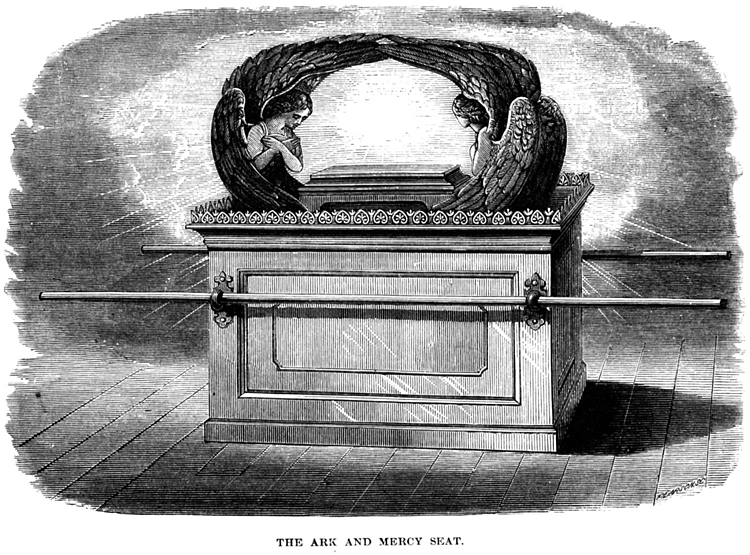Numbers 5:11–31, This passages deals with a curious ritual involving wives suspected of adultery called the Law of Jealousies whereby the woman is hauled before the priest, her head is uncovered and, according to Jewish tradition, her dress is ripped open just above her breasts (b.Talmud Sota 7a). She then has the choice to drink a concoction of earth from the floor of the tabernacle mixed with the set-apart (kadosh) water from the bronze laver into which is dipped a piece of paper that contains the curses written on it. If she is guilty of the charges of adultery when she drinks the bitter waters, her belly shall swell and her thigh (Heb. yarek or side or loins,which are the seat of procreative power) shall rot as a result of a divine judgment. If she is guiltless, the bitter waters will have no effect on her. If she refuses to drink the bitter water and her husband still suspects her unfaithfulness, then he is free to divorce her, even though she has admitted no guilt. According to Jewish tradition, this legal procedure was carried out by Israel’s highest court in Jerusalem (Sota 7b).
Some biblical commentators see a parallel here between the adulterous woman and the trial and execution of Yeshua at the cross. After only a casual reflection on the issues, this may seem unlikely. But ponder this for a moment. Did YHVH liken his Continue reading



